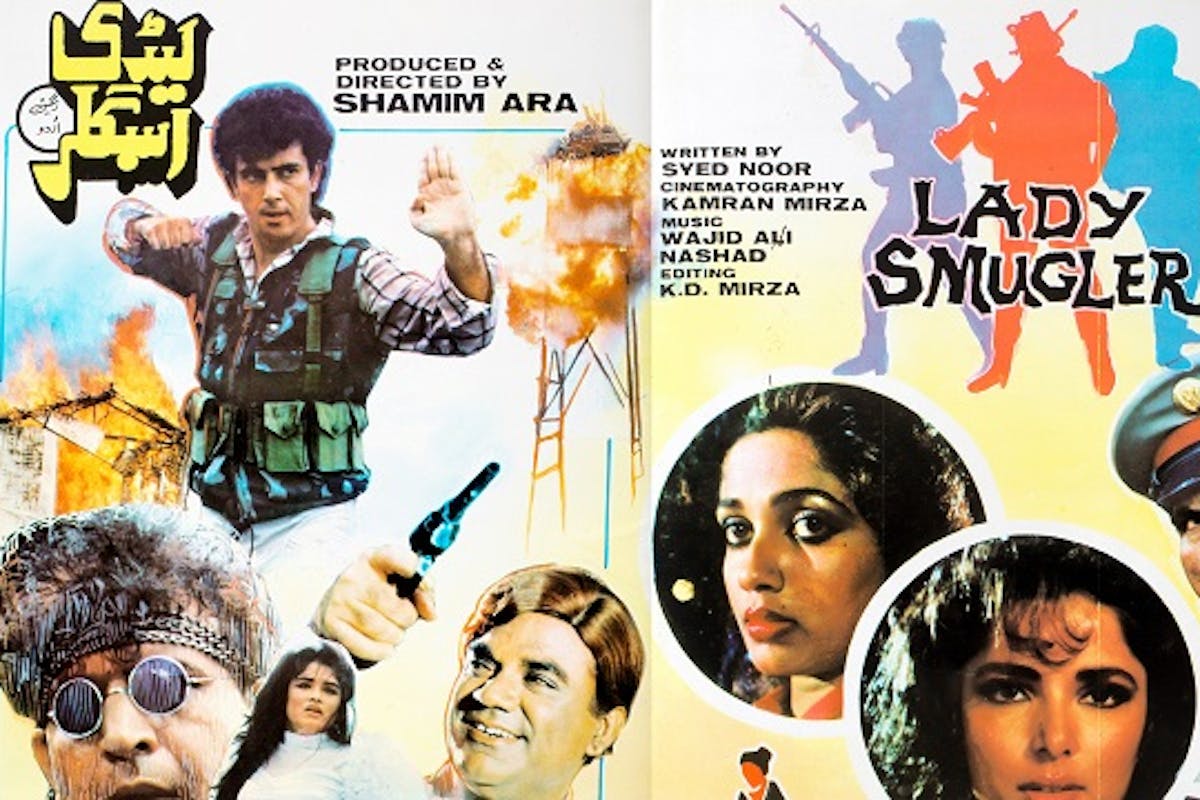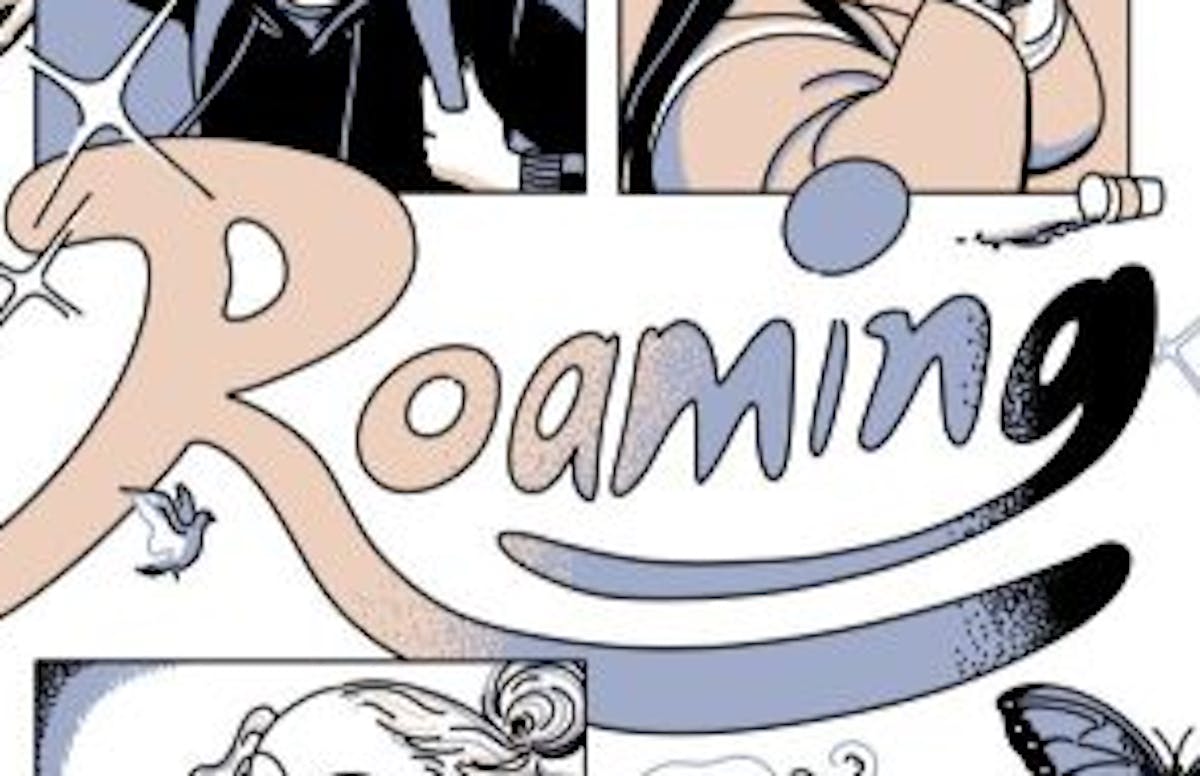Women's Transborder Cinema and Pirate Modes across Pakistan and Bangladesh
If historians of Pakistani cinema emphasize cross-lingual collaborations between East and West Pakistani filmmakers, they often view the partition of Pakistan and Bangladesh as a scission of talents and audiences, soon to be compounded by illegal trade in pirated videos of popular films from India and elsewhere.
Tuesday, Feb. 7, 12 p.m.
Free

If historians of Pakistani cinema emphasize cross-lingual collaborations between East and West Pakistani filmmakers, they often view the partition of Pakistan and Bangladesh as a scission of talents and audiences, soon to be compounded by illegal trade in pirated videos of popular films from India and elsewhere. This talk shines light on a neglected archive of border-crossing cinema coproduced in the 1980s by Pakistani and Bangladeshi female star-filmmakers who were inhabiting pirate geographies. Reading coproduced women’s films in relation to scattered print records and oral accounts (given to me by crew members), I illuminate a sexually paradoxical practice of filmmaking. While the female filmmakers deploying star-personas reinforced norms of national cinema and licit entertainment, they were generating infrastructures of desire for a femocentric pirate cinema. My lens on this fugitive archive is a “superhit” Urdu action heroine film titledLady Smuggler, directed by the Pakistani star Shamim Ara, coproduced by the Bangladeshi star Babita, and released both in Pakistan (1987) and, in a dubbed Bangla version, in Bangladesh (1990). An action narrative that pirates attractions from the Hindi (Amitabh Bachchan) action hero genre of India while displacing patriarchal heroes, this ensemble heroine film pits outlaw images of female homosocial friendship against statist masculinities and legal violence. Films such as this--coproduced and transnationally exhibited by small-scale women’s companies—seem to repurpose the energies of a female-focused business practice that thrived, in pirate mode, through forging ties across territories, tastes, and difference.
Esha Niyogi De’s current research interests lie in cross-border studies of South Asia in relation to gender and visual culture. This talk draws on her new monographWomen’s Transborder Cinema: Female Authors and Familial Modes across South Asia, forthcoming in early 2024 from the University of Illinois Press book series “Women’s Media History Now!” Another cross-border research initiative recently yielded the volumeSouth Asian Filmscapes: Transregional Encounters(Univ. of Washington Press, 2020) co-edited with Elora Halim Chowdhury. Her previous publications include a monograph on gender critique in the works of Rabindranath Tagore from Oxford Univ. Press (Delhi, 2011), a co-edited volume on gender and globalization in South and Southeast Asia from Duke Univ. Press, and many articles. She is at work on a third monograph on popular Pakistani cinema and female entertainers. Esha teaches in Writing Programs at UCLA, specializing in interdisciplinary courses on rhetoric, media, and border politics.

